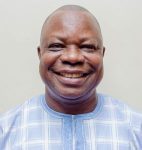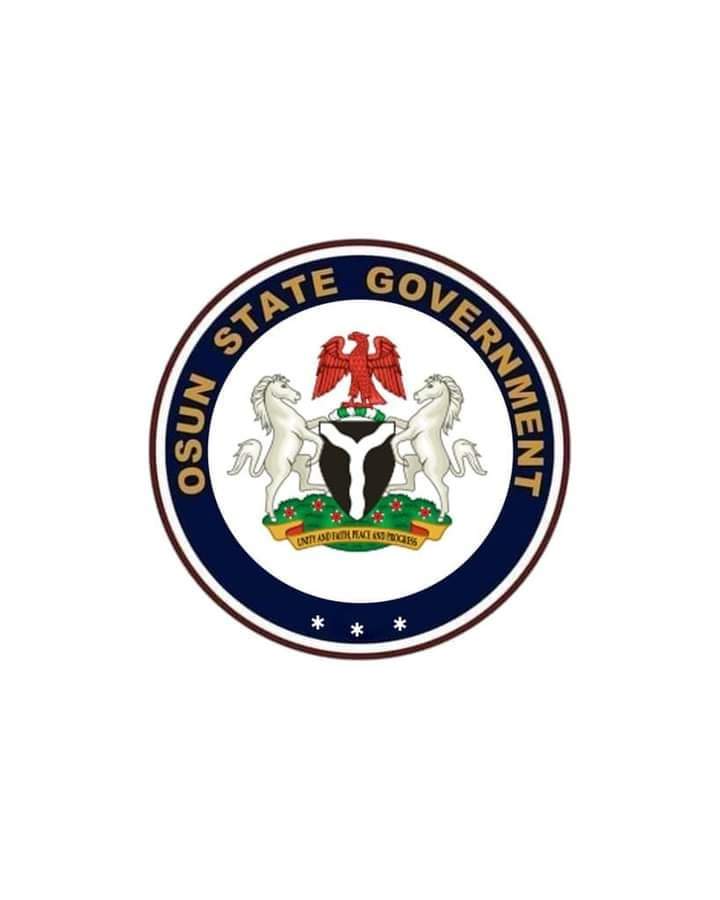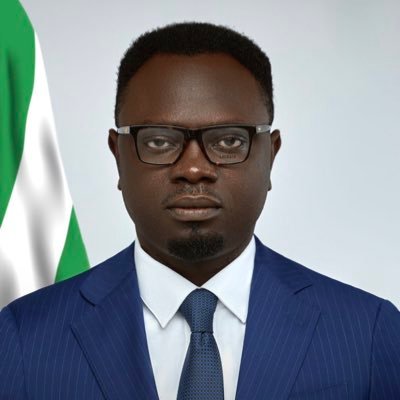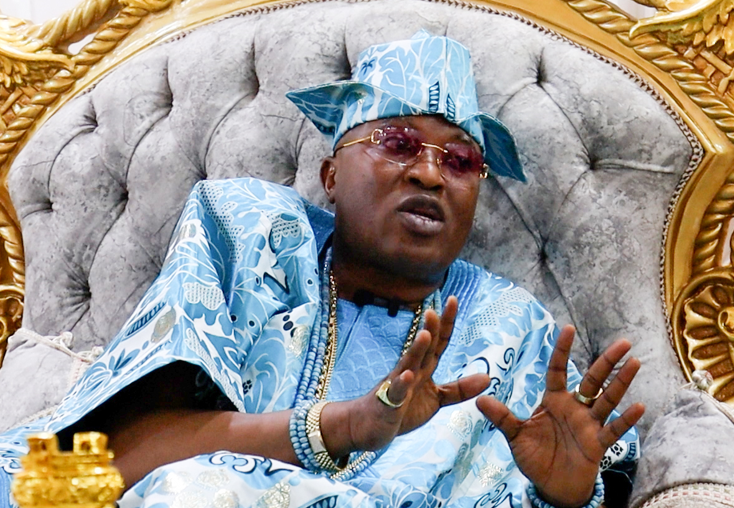Chibok Girls Begin Four Months Remedial Studies
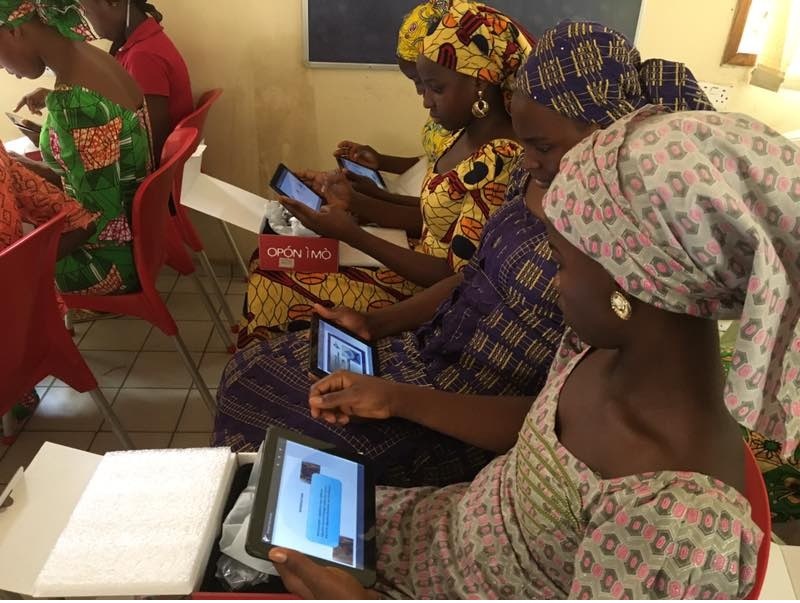

Over 200 Chibok girls were adopted in 2014, and over 3 years later a total of 106 have been released. The 106 freed Chibok schoolgirls Tuesday embarked on a four-month remedial and integration programme to prepare them for regular ordinary level academic activities in September.
At an emotional ceremony on Tuesday, the Department of State Services (DSS) formally handed the girls to the Minister of Women Affairs and Social Development, Mrs. Aisha Alhassan and representatives of international agencies, United Nations Population Funds (UNFPA) and The United Nations Children’s Fund (UNICEF).
The girls, who were released in two batches following an internationally-brokered prisoner- swap deal with Boko Haram insurgency group, would be camped at the Women Development Centre, Abuja for the duration of the rehabilitation and remedial course.
The facility was given after a thorough check ordered on Monday by the Minister of Health, Prof Isaac Adewole.
Before they were admitted to the center, the girls did a series of tests at the Federal Staff Clinic.
The Director Medical, DSS, Dr. Ann Okoroafor, handed the girls over to Alhassan after the second batch comprising the recently released 84 schoolgirls, were investigated and profiled.
Though some of the girls are still having medical issues, Okoroafor said they were psychologically stable.
At the centre, they would undergo psychotherapy to let them overcome the trauma of the physical and mental abuse they were subjected to while in the captivity of Boko Haram since April 2014.
Alhassan said they would receive compulsory training in ICT plus vocational skills in two trades, while the remedial course would in five courses, including English Language, Mathematics, Biology, Agricultural Science and Civil Education.
They will also participate in games, drama, literary and debate, competitions in addition to several cultural exchanges.
She, however, insisted that their social engagements would be curtailed from public scrutiny as government would not want to turn the girls into celebrities and accord them special treatment over other Nigerians.
The minister stressed that the camp will close down in September at the beginning of the school year, when the federal government is expected to formally hand over the girls to their parents and guardians.
“After the therapy and remedial course, we will enroll them in any schools of their preference in Nigeria after which they will go back to their community. If we keep them beyond September, and we want they will lose an entire school year want to avoid that instance,” Alhassan said.
The centre will handle their medical cases while the cases that cannot be handled in-house house will be referred to the DSS Heath Centre and the Federal Staff Clinic.
It was gathered that two medical doctors and two nurses would be attached to them, while there is a request for a standby ambulance in the case of emergency.
The girls will stay two in a room and for their education, they will be spletted be split into four classes. Overall 20 teachers specialising in all specified disciplines will be involved, while each classroom will boast of five teachers.
Alhassan said they had the voluntary consent of the Chibok girls and their parents to keep them at the centre.
She added that any of the girls that wished to be withdrawn immediately from the programme would be released in respect of her wish.
Eugene Kongnyug was represented the UNFPA, while Dr. Nicholas Audifferen represented the acting President, Prof. Yemi Osinbajo, at the occasion.




